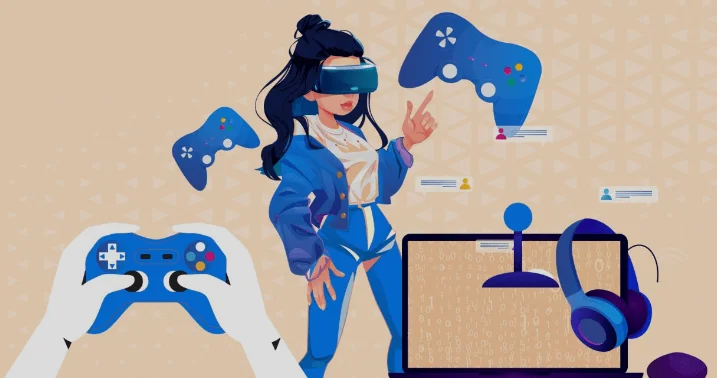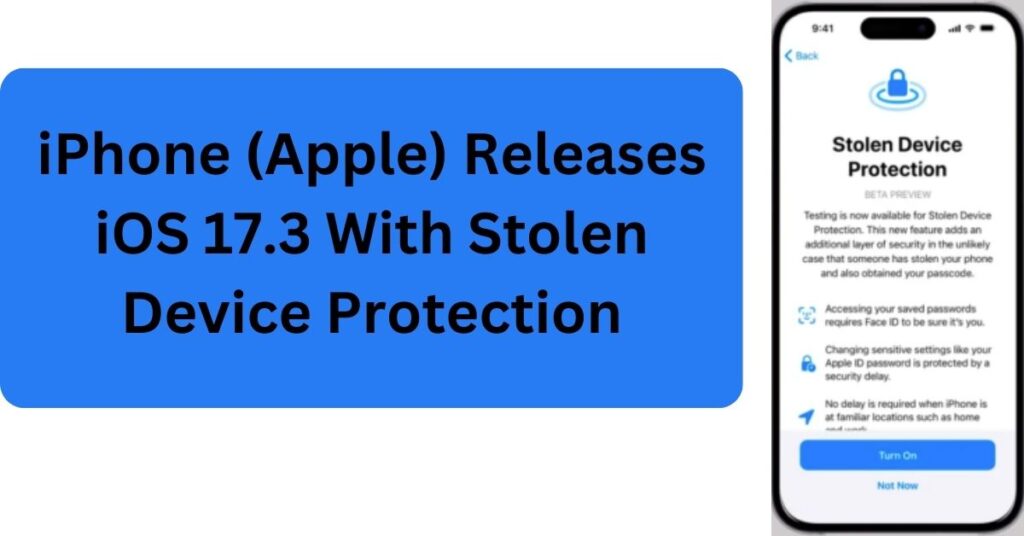Introduction:
The cutting-edge technology of Non-Fungible Tokens has introduced and revolutionized multiple industries, including the gaming industry. NFTs are tokens that are immutable, distinguishable, and non-replicable. These properties make NFTs suitable for real-world applications like gaming, trading, and experiences. This article investigates the impact of NFT`s on the gaming industry; from providing players with ownership to generating new monetization methods as well as fostering player economies.
Integration With Blockchain Technology:
Non-Fungible Tokens are built on blockchain technology, known for its secure and efficient framework. It ensures verified ownership information and facilitates transactions. The blockchain technology can ensure authenticity and history infallibility for items like NFTs in the game industry. It overcomes issues of fake items and fraud by providing a secure platform for transactions.Moreover, blockchain technologies can bring the concept of distributed ownership and governance models to life, which makes it possible for gamers to have more involvement in the virtual world that they were born in. The decentralization, in turn, encourages trust between the developers and the gaming community while minimizing transaction costs. That is what makes the NFT gaming an attractive option.
Enhanced Ownership And Interoperability:

The NFTs are disrupting and changing the way in which players claim their in-game items. Non-Fungible Tokens are helping for players to own assets through the NFTs. Unlike the game’s most things are locked in hard while they pose a big challenge for players; it’s easy to move NFTs from games to games and to platforms. This interoperability provides gamers with powerful tools to monetize their virtual assets. When done correctly, it also clarifies the ownership status of digital belongings.
Innovative Monetization Models:
NFTs give developers an incentive to devise outside-the-box ideas of monetizing games. Where developers can already earn from selling in-game assets such as characters, skins or virtual real-estate, the existence of Non-Fungible Tokens further adds an inevitable new revenue stream. Fans can buy items like uniforms, jerseys, and collectible cards in-game through either the in-game marketplace or a dedicated platform. Such transaction would create a link between the game developers and their player base. This move from player-driven economy has been discussed as the demand of gamers to invest and get benefit from their gaming years, resulted in a new levels.
Player-Driven Economies:
NFTs has created a creator-led system by the introduction of which players could form vibrant and prosperous economies within gaming platforms. Key to it all is the idea of players being able to buy, sell and eventually trade NFTs with other players thus, creating a spillover of goods and services. This p2p trading model helps build this sense of community among the players where they in the economical activities like farming, trading or investing in rare and valuable riches. Non-Fungible Tokens’ scarcity and uniqueness are evident in the gaming ecosystem, influencing their perceived value. This scarcity contributes to heightened demand and speculation among players. The interplay of scarcity, uniqueness, and player engagement drives the value and interest in Non-Fungible Tokens within the system
Challenges And Considerations:
The creators of NFTs claim that they are a globally disrupting technological achievement because they have the power to revolutionize the gaming industry to its core. However, the challenges and issues associated with NFTs need to be addressed. The potential of NFTs to disrupt the gaming industry must be weighed against the challenges and issues they present. Before implementing small scale decentralized energy systems successfully, further research is necessary. Developers need to address challenges like scalability, environmental impact, and regulatory compliance. They must resolve these issues to ensure the effective implementation of such systems.
High gas fees and congestions hinder the scalability issues, which could be a hurdle in the widespread adoption of non-fungible tokens in gaming. First off, this process which is so energy-intensive has brought to the surface issues concerning the sustainability of the blockchain mining. Moreover, NFT regulation is a rapidly evolving and uncharted territory. Developers must carefully navigate the complexities of IP rights and taxation when making decisions in this space.
Also read: The Blueprint of Connectivity: Understanding 5G Network Architecture
Conclusion:
NFT integration in the gaming industry represents a significant revolution in digital item ownership, monetization, and community within virtual worlds. It marks a transformative shift in how people perceive and engage with virtual assets and communities. NFTs enable players to own in-game assets they acquire, fostering a player-driven economy in the virtual world. Owners are incentivized to support innovative game development through this ownership structure.Though this is an expression of optimism, it is necessary to recognize that the technology is not exempt of challenges and issues, alongside it. Challenges related to scalability, environmental impact, and regulatory compliance must be carefully considered when integrating NFTs into the gaming industry. Addressing these issues is crucial for ensuring the efficiency and ethicality of NFT use in gaming.
However, if I had to choose my opinion between NFTs having such transformative powers in gaming and the need for as much evaluation as possible, I would say both of the two are indeed correct. Along with innovation, ethics and sustainability will have a great impact. Thus, only a balance of these factors can only help realize the full advantages of NFTs and on the negative side. As developers and players explore new possibilities with NFTs in gaming, we are witnessing an exciting evolution in the gaming industry. This period marks a thrilling time of exponential change in the gaming space. If however the challenges are thoroughly considered, NFTs will likely lead to the revolution in the gaming landscape which we can only dream of yet.

